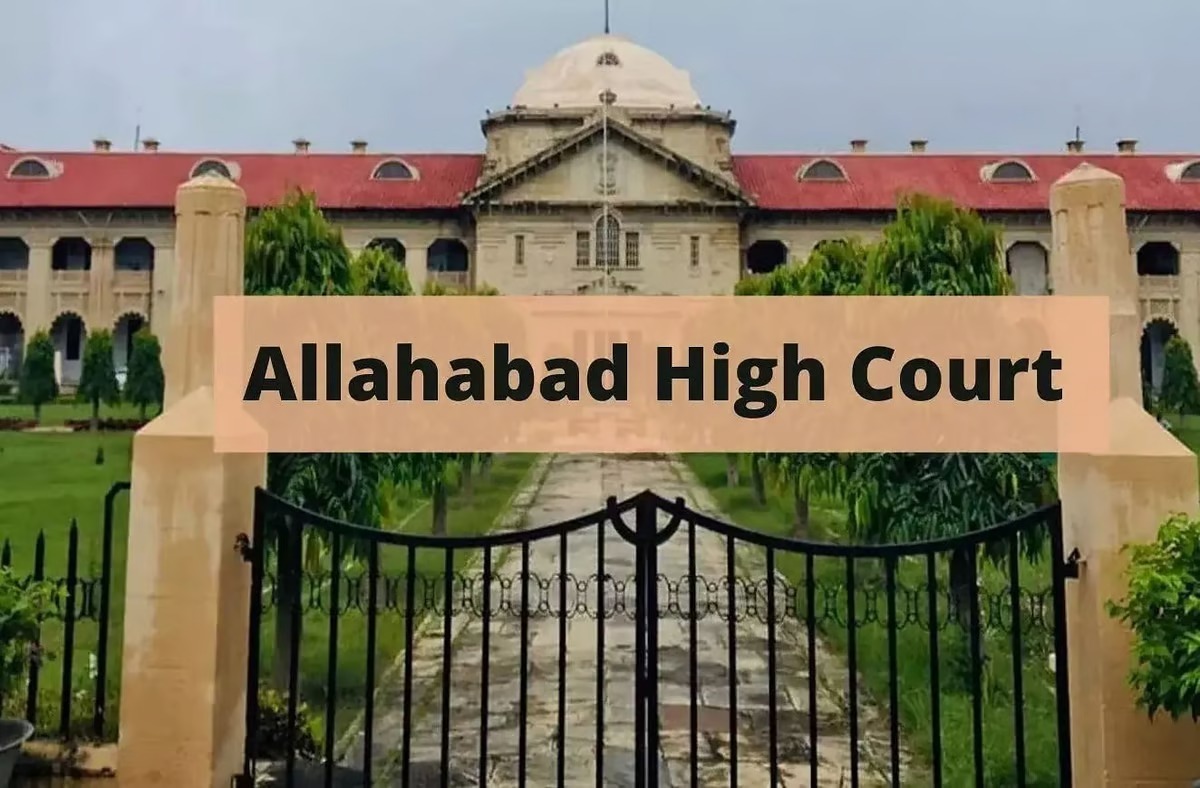Fletcher, J.@mdashThis is an application by the defendant for leave to administer interrogatories for the examination of the plaintiff. The suit is brought by the plaintiff to recover Rs. 5,000 and interest alleged to be due to him from the defendant on a hundi that was drawn and accepted by the defendant. The facts pleaded in the plaint are first of all the making of the hundi by the defendant, and the advance of Rs. 5,000 as consideration by the plaintiff, and the date when the hundi fell due and the presentation for payment. These are the facts on which the plaintiff relies, and the defendant has put in issue all these facts, and in addition to that he says that he has never at any time had any transaction with the plaintiff. The application is opposed by the plaintiff on the ground that it is not the practice to direct interrogatories in the same manner as is done in England, and in support of that proposition the decision of Mr. Justice Wilson and Mr. Justice Pigot, in the case of Ali Kader Syud Hossain Ali v. Gobind Dass ILR (1890) Cal 840 has been relied upon. However, it is sufficient to observe that the Code of Civil Procedure, as it then stood, is not the same as Order XXXI of the rules of the Supreme Court, where as our Order XI relating to the discovery and inspection is now the same as Order XXXI of the rules of the Supreme Court. That may be one ground of distinction. The other ground is this, that the facts that the learned Judges were dealing with there are totally different from this case. What happened in that case was, that an application for further and better answers was made by the plaintiff, and what he wanted to do--a procedure which is not unfamiliar in England--was to fill up the blanks in the pleadings by getting an admission by way of interrogatories from the defendant. The learned Judges pointed out that, in addition to the written pleadings, there are oral pleadings made by the advocates in the case which may fill in those blanks in the pleadings, and therefore the procedure of filling in those blank''s in the pleadings, which obtains in England, does not apply in India. So far as I can see, it is nowhere suggested that a party to a suit was not entitled to a discovery relating to the facts directly in issue on the pleadings. As a matter of fact, if you once come to that conclusion all the rules relating to discovery by interrogatories would be practically useless, because if you cannot interrogate as regards the facts put directly in issue by the pleadings, I do not know what you Can interrogate upon. It seems to me that the decision, in so far as it is sought to be used as an authority that interrogatories cannot be administered for discovering the facts in issue, is no authority at all.
2. Now, the interrogatories that the defendant wishes to administer for the examination of the plaintiff are as follows: First of all he alleges in his written statement that he had no transaction with plaintiff. The plaintiff has not said that he had, and that seems not to be a fact in issue between the parties, although, of course, it may, when the case comes on for trial, be a matter that renders the fact of the particular transaction sued upon either probable or improbable. It seems to me that, that interrogatory cannot be allowed. The second interrogatory asks the plaintiff to state on oath in what form the consideration of the hundi was paid. That obviously is a fact in issue. The defendant has denied that he Had ever received any consideration at all, or that he has executed the note. The third interrogatory is also, in my opinion, relevant, and it ought to be allowed, because he asks the plaintiff to state on oath particulars of the place where the defendant drew and accepted the hundi. That, of course, is a material portion of the cause of action in order to enable this Court to see if it has jurisdiction to try this case, that interrogatory ought to be allowed. The last portion of that interrogatory asks the plaintiff to state on oath where and by whom the hundi was presented for payment; although, so far as I can see, it was not necessary that the hundi should have been presented for payment, still the plaintiff has set out the presenting for payment as a fact upon which he relies and the defendant has put that fact in issue and therefore he is entitled to have statements on oath as to where and by whom the hundi was presented for payment. The other inters rogatory is disallowed. The plaintiff must answer interrogatories 2 and 3 on oath within 14 days. Costs of this application to be costs in the suit--certificate for counsel.

